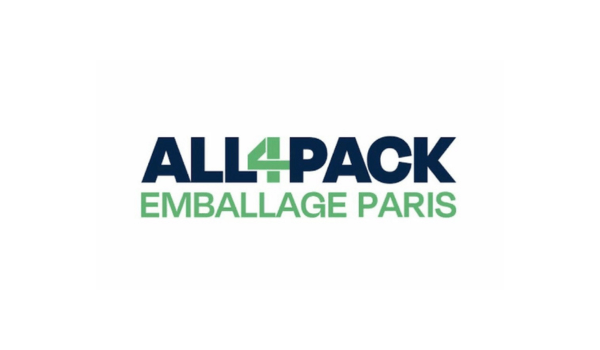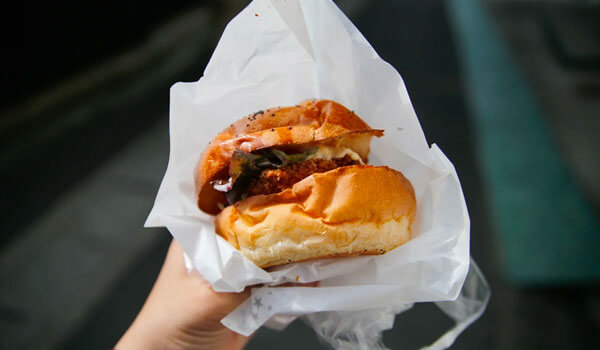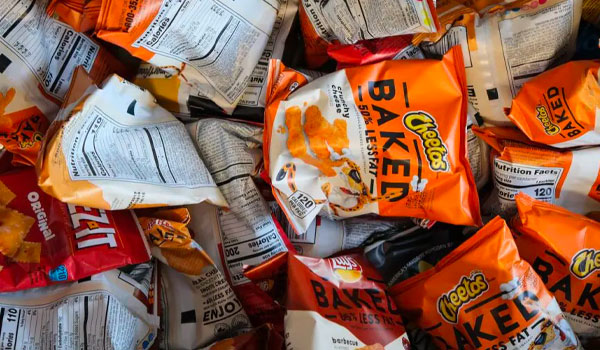

From antiquity’s gourd shells to modernity’s plastic soda bottles, humanity has created numerous ways to store food and beverages. In 2022, consumers are on the lookout for the most sustainable food containers possible.
The Freedonia Group recently found that the food packaging industry is focusing more on sustainability, largely due to the fact consumers are becoming more conscious of environmental degradation.
“Consumer interest in sustainability is increasing,” Adam Springer, manager of product sustainability at Ahold Delhaize USA, told The Food Institute, citing internal research that shows 43% of consumers feel sustainability is now “extremely important” – up from 28% of consumers pre-pandemic.
Springer also cited research from the Hartman Group that indicates 67% of consumers say they avoid products packaged in Styrofoam or other packages they cannot reuse, recycle or compost, and 83% of consumers say they’re concerned about how much single-use plastic society currently uses.
“We believe retailers play an important role in helping customers shift their habits and take simple actions to be more sustainable,” Springer said, “by … providing means for customers to recycle content.”
That said, Ahold Delhaize USA – the parent company for grocery brands like Food Lion and Giant Food – believes the public requires greater education regarding sustainable packaging. For example, Springer noted, if a customer purchases a product with a compostable package but doesn’t compost it and simply disposes of it in a regular trash can, the product still ends up in a landfill and, ultimately, contributes to waste. And that still happens all too often.
“Sustainable packaging is a complex topic,” Springer said. “There’s more consumer education needed in this area to drive sustainable outcomes.”
Columbia University found that, in the U.S., 66% of paper, 27% of glass, and 8% of plastic is recycled. Glass and metal can be reused indefinitely, paper can be used five to seven times, and most plastic can be recycled once or twice.
Freedonia also mentioned that consumers judge a food packaging’s safety for health purposes. These health related concerns are understandable, considering Harvard Health noted plastic packaging chemicals can leak into food and beverages humans consume, a complication that has been linked to various health problems.
For the food packaging industry’s sustainability efforts to be effective, Freedonia suggests placing bio-based environmental labels on packages to inform consumers about which packages are truly environmentally friendly.
Ahold Delhaize, meanwhile, said companies need to set goals regarding sustainable packaging in order to drive accountability. Springer said his employer has committed to using, on average, 25% post-consumer recycled content in its own plastic packaging within 3 years.
To accomplish those goals, Ahold Delhaize has taken multiple steps, such as:
- Baselining its current packaging footprint to identify and eliminate unnecessary and problematic packaging as defined by the S. Plastics Pact
- Piloting and working to scale reusable packaging models
- Working to incorporate post-consumer recycled content
“We believe there’s tremendous opportunity for sustainable packaging that is essential, maintains or improves product quality and/or shelf life, and can be recycled in practice and at scale, contributing to a circular economy,” Springer said.
Editor’s note: Additional reporting provided by The Food Institute’s Kelly Beaton.
Copied from foodinstitute.com




